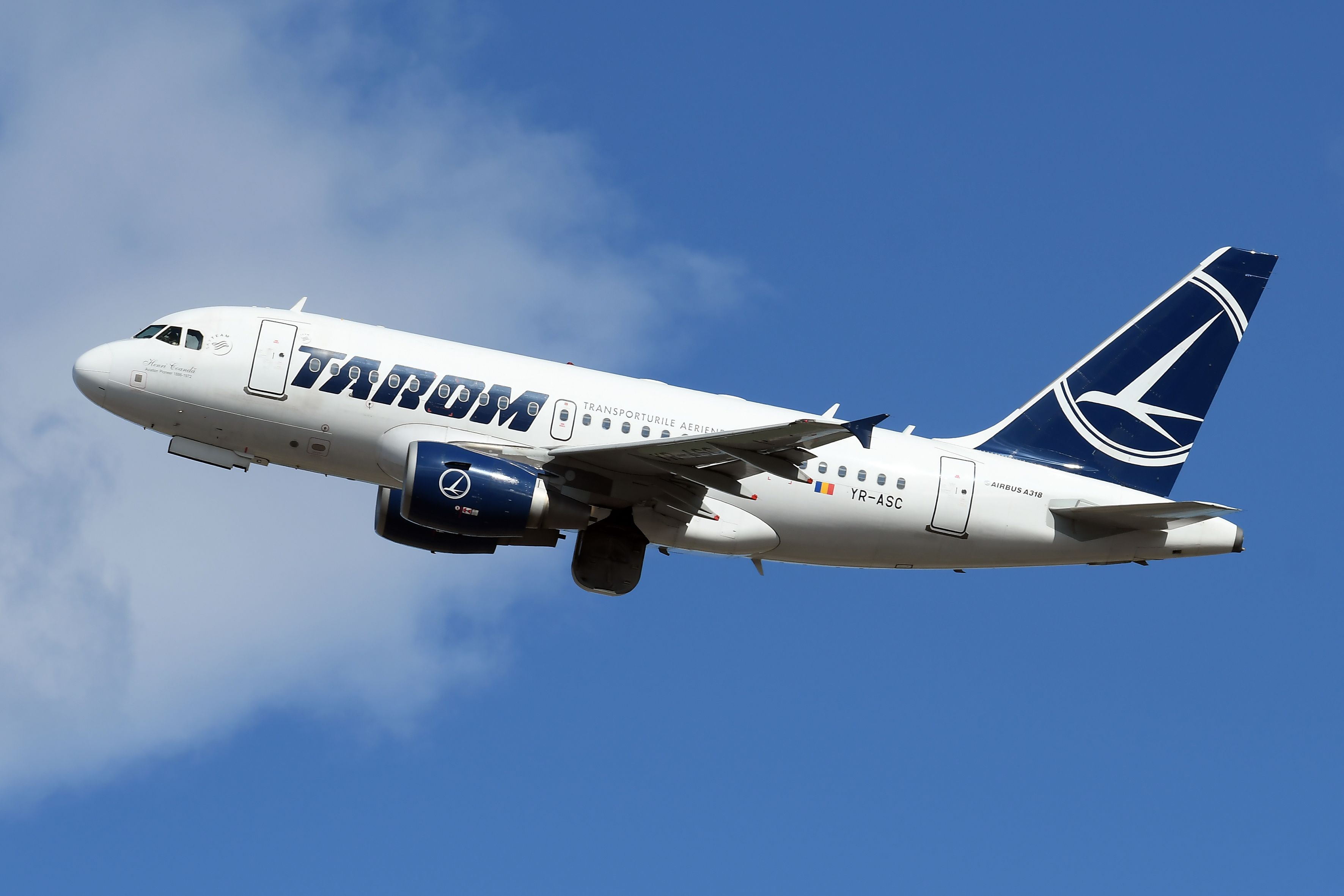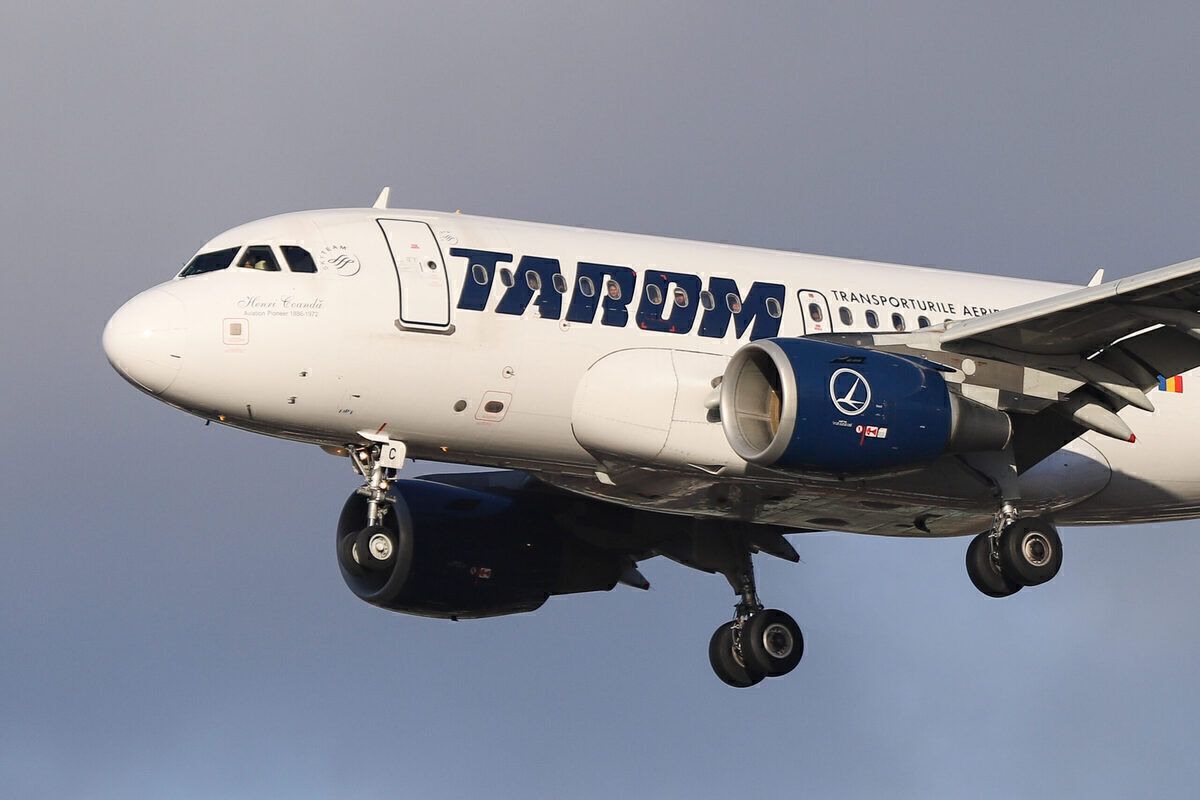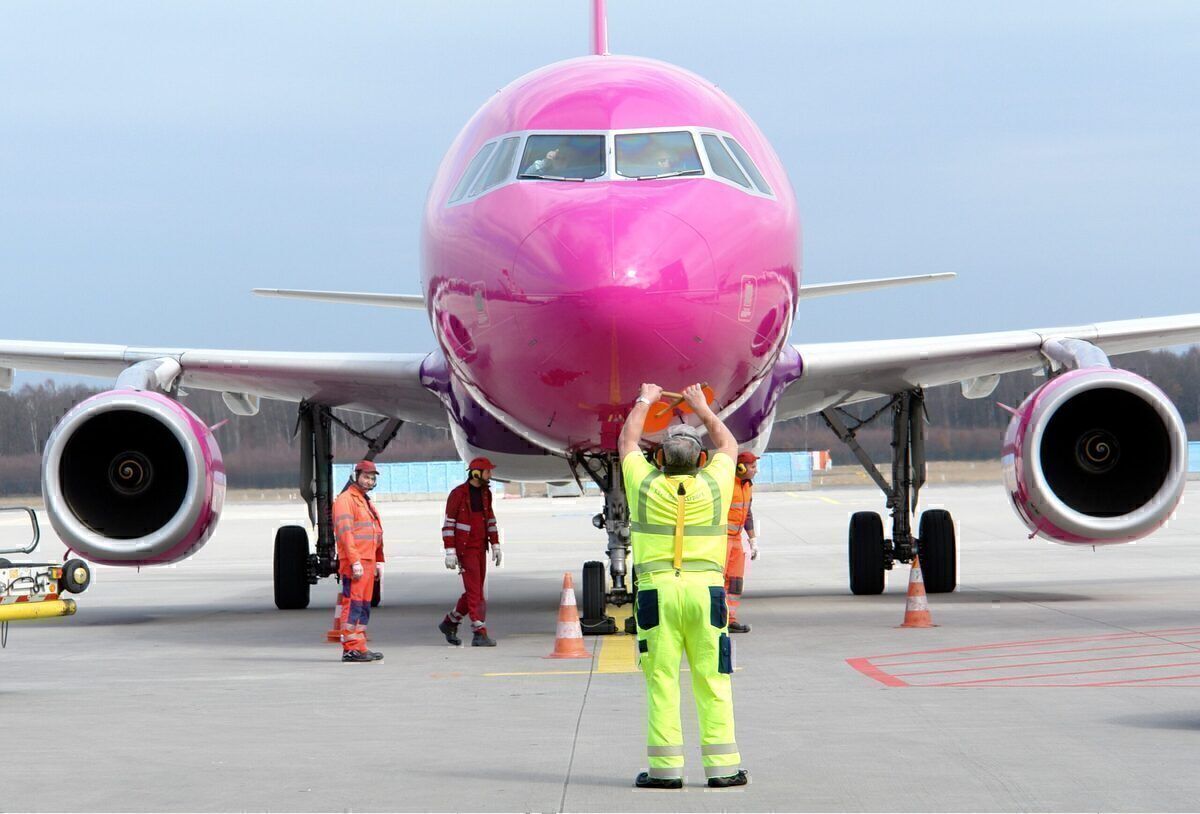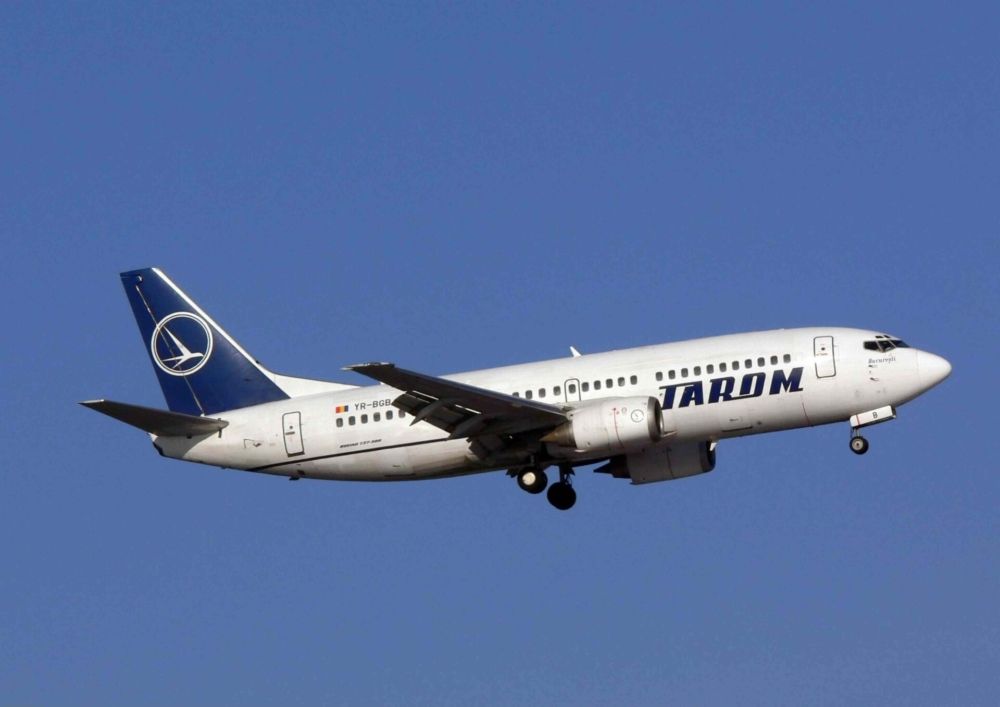Last week, the General Court of the European Union upheld the decision of the European Commission to allow Romania to provide state aid to TAROM, the flag carrier and national airline of Romania. In doing so, it dismissed Wizz Air’s appeal against the Commission’s approval. Let’s take a look at why Wizz Air appealed and why it was rejected by the EU’s General Court.
Case background: Romania decides to provide state aid to TAROM
Back in February 2020, before COVID-19 had led to an unprecedented slump in demand for air travel in Europe, the Government of Romania decided to grant state aid to its flag carrier, TAROM. The documentation that Romania supplied when it notified the European Commission of this decision indicates that the amount of state aid is €36 660 000 ($38.6 million).
Notifying the European Commission of an intention to grant state aid is a standard procedure in the European Union because providing subsidies that are company-specific and not industry-wide is seen as a potential distortion of competition. Thus, such financial grants require an approval from the European Commission because there is only a limited set of circumstances in which state aid is allowed.
Simple Flying analysed the issue of state aid for TAROM back in 2019, posing the issue as a potentially contentious one because the airline is a chronic loss-maker with a dwindling market share in its home market and a seeming inability to run profitable operations.
Wizz Air and Ryanair are exerting strong competitive pressure on TAROM in Romania because they have a much lower cost base than TAROM. The Romanian market is more price-sensitive than markets in Northern Europe, where flag carriers can compete against their low-cost rivals on both price and service quality.
It is therefore of no surprise that it was precisely Wizz Air that asked the EU’s General Court to annul the Commission’s approval of this state aid of €36 660 000 ($38.6 million) for TAROM.
Why did Wizz Air challenge the decision?
Hungarian low-cost airline Wizz Air argued that the European Commission’s approval of this state aid for TAROM had two problems that made it incompatible with the principles of the EU Single Market.
Firstly, Wizz Air argued that the state aid did not contribute to an objective of common interest. Secondly, Wizz Air noted that TAROM had been provided with rescue financing before and that providing another rescue package was against the EU’s “one time, last time” principle of state aid.
For these reasons, Wizz Air argued that the Commission should have initiated a formal investigation procedure rather than accepted the state aid outright.
Why was Wizz Air’s challenge dismissed?
The General Court decided that the European Commission was entitled to find that the connectivity that TAROM provides to Romania was of such importance, both domestically and internationally, that its disruption would cause serious social hardship or constitute a market failure.
As for Wizz Air’s second point about TAROM receiving state aid before, the General Court simple re-iterated the guidelines: member states are not prohibited from granting financial assistance to companies where ten years have elapsed since the last issue of state aid or where the restructuring period had come to an end or was halted.
What do you think of Wizz Air losing its appeal and TAROM receiving state aid after all? Let us know in the comments below.




